Preface by Debu Chaudhuri (publisher)
I heard about JAGADANANDA MUKHERJEE from my late father-in-law Mr. Pankajananda Mukhopadhyay many times. Like everybody else in the family, he was very proud because Jagadananda was an accomplished and renowned public prosecutor/lawyer at his time. He told me that Jagadananda used to help people to get lesser punishment from British Raj.
Many years later I found Jagadananda’s name in Wikipedia and to my surprise I learned that this man was ridiculed in drama and public performance by many renowned artists due to an incident where he tried to impress the Prince with his open-mindedness towards Indian women. I did realize that time was the main factor for that kind of reaction. Even though his action did not have a huge impact on Bengal, he was a true visionary of women’s liberation from social bondage through education. So I asked my wife Mrs.Krishna Chaudhuri to write about him so that he should not be misunderstood now.
——————————————————————————————
On 22nd December, 1875 the Prince of Wales (who became Emperor Edward VII) came to Diamond Harbor on an India tour by the ship named ‘Serapin’, from there he came to Calcutta. Sir Richard Temple welcomed him at the Princep Ghat where Viceroy Lord Northbrooke and many other renowned people came to welcome him. The city of Calcutta was decorated nicely to welcome the Prince since this was the first visit by the royal family of the then-ruler England.
The good luck of Jagadananda was at its peak. His name was well known at the government level. He was extremely successful in his law business. On the 3rd of January 1876, the prince came to visit Jagadananda in his palace-like house at Bakulbagan, Bhowanipore, Calcutta. Major Walsh, I.M.S wrote about him in his book on the history of Murshidabad (1902) “His eventful life was brought into prominence both abroad and in India by the auspicious visit paid to him in his private residence by the present King-Emperor Edward VII (Prince of Wales) in his Indian tour of 1875.”
From the diary of Jagadananda, it was excerpted:
3rd January, 1876
2nd Pous, 1282, Monday
My second daughter Khiroda gave birth to her second son at 8:00. Mr. Hogg came to see me in the evening. Mr. Hogg was knighted by the Prince of Wales. The Prince of Wales came to my house at 3:30 p.m. Miss Barnets, Lady Temple, Lady Malet, Lady Hogg, and Miss Milman also came. Sir Richard Garthe, Chief Justice brought with him Mrs. Mengles, we made present to the Prince:-
One emerald necklace.
One pair of gold bangles.
One gold neck chain.
One pair of Dacca embroidery Muslin for Rs.1600.
One plain Dacca Muslin for Rs. 250.
One pair of embroidery Benares mad Than Rs.300.
4 bottles of rose water each bottle Rs.30.
One pair of slippers made by my daughter-in-law.
3 cotton malas.
The prince was very much pleased. The prince left Calcutta at 9 pm.
With the permission of the Prince his private secretary wrote about the Prince’s trip to India in his book which was published in 1877. He wrote about the Prince’s trip to Jagadananda’s house in Bhownipore:
3rd January, 1876
“How it came about I do not know exactly but it is probable the Prince expressed a wish to see the Zenana(ladies) of some respected native and that the wish was made to the worthy Hindoo of Bhowanipore. Mr. Mukherjee was too happy to gratify it today. Miss Baring, Lady Temple, Miss Milmen, Lady Stuart Hogg and others had perhaps some part in this pour parlers. There were hundreds of children assembled to see the Prince arrive; most of the little ladies held pretty bouquets with which out of local devotion to pelt the Prince. These children may develop into Hindoo Blooms and establish women’s Rights associations unless their wild shrieks of liberty are silenced into the laden flood of caste and custom that has drowned so much thought of life in India century after century. Instead of salutes and flourishes or bell peeling the Hindoos use conches to announce the arrival of guests; the noise of these natural horns makes one rejoice that he is not among the Tritons. These were sounded often and long for there were false alarms of the Prince coming but at last his carriage came in sight and there was conch-blowing –His Royal Highness did not appear in the splendid attire which Mrs. Mukherjee and her fair friends no doubt thought a Prince should wear. Whether Babu Jagadananda Mukherjee will ever get over the wrath of his co-religionists for the doing of this daytime time only be shown. There is one fact revealed by how the occurrence was accepted by those concerned. Hindoo ladies at all events do not consider strict seclusion at all essential to their happiness. But it is dangerous to argue from a Particular to the Universal and so it will be safer perhaps to say that some Hindoo ladies do not dislike being seen at all events by a Prince of Wales. (W.H Russ, Honorary Secretary to the H.R.H. Prince of Wales and a member of the Prince’s suite accompanying him to India”).
This being said by Mr. Russell, it was documented that Jagadananda was in favor of women’s independence and education but the then so-called elite society could not accept his guts so they wrote nasty poems about him, ridiculed him in many ways, and even wrote a drama about it and made performances publicly.
“In 1876, the Dramatic Performance Act was implemented by the British Raj to police seditious Indian theatre. After the visit of the Prince of Wales at Jagadananda’s house the Great National Theatre presented a play that sought to target Jagadananda Mukherjee, a well-known citizen of Calcutta, junior government pleader, and member of the Bengal Legislative Council. This man had invited the Prince to his Bhowanipore residence on January 3rd, 1876, and had taken him on a tour of the ladies’ apartments of the house where he was given a traditional Bengali welcome by the female members of the family. This incident enraged the orthodox Bengali society for it appeared to them that Jagadananda had sacrificed his ethics and culture in a bid to placate the British masters and win favors from them. The satirical play based on this incident in which Jagadananda was victimized into was stopped by police order.”
Since Jagadananda was a true visionary, what he envisioned about the liberalization of women did come true later. Education and freedom from social bondage were his primary criteria for women which was not realized by the orthodox Bengali society as much so the mockery of his character as I see it now was not only prejudiced but in one way an exposure of jealousy as well. No matter what, his accomplishment was recognized by many although the heights of the society that he was able to move to were not attainable by many even from his own family because he was one and only, his name has been a legend to the posterity.
WHERE AM I?
Jagadananda’s second son Shyamakumud(a magistrate of Hooghly district) had three sons, Jyotiprasad, Shibaprasad, and Anadiprasad. Shibaprsad was my grandfather, and my father Pankajananda Mukhopadhyay was his youngest son.
Bibliography:
1. The personal diary of Jagadananda Mukhopadhyay compiled by Chandrashekhar Mukhopadhyay.
2. WIKIPEDIA


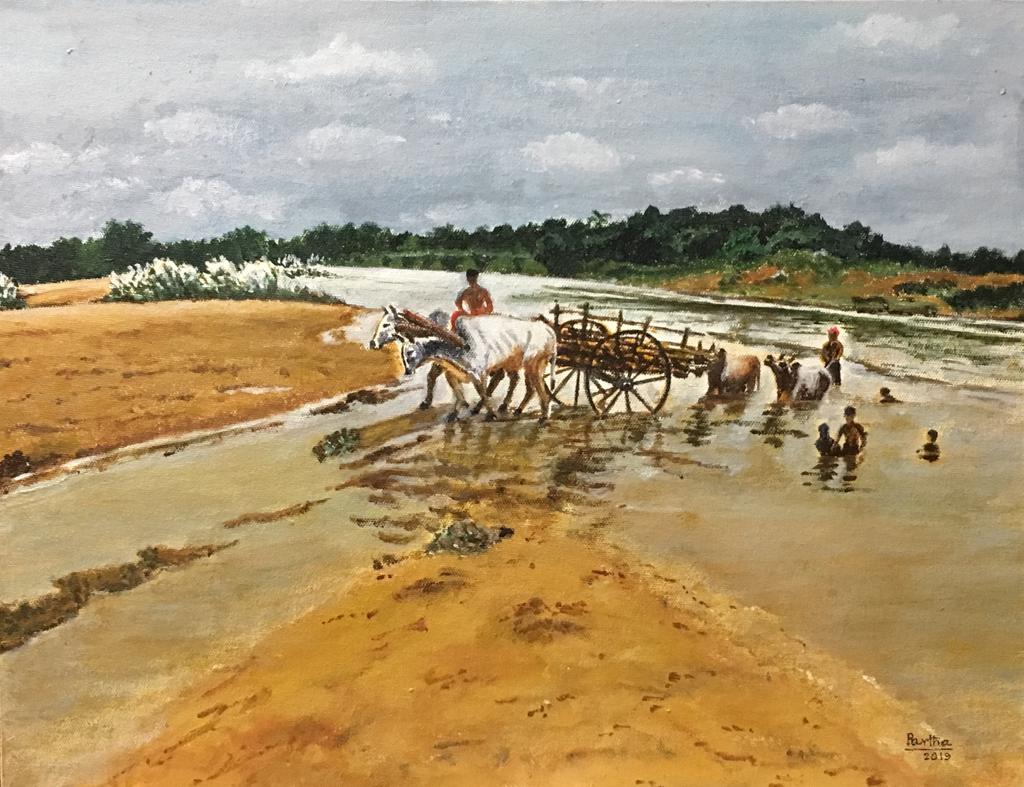
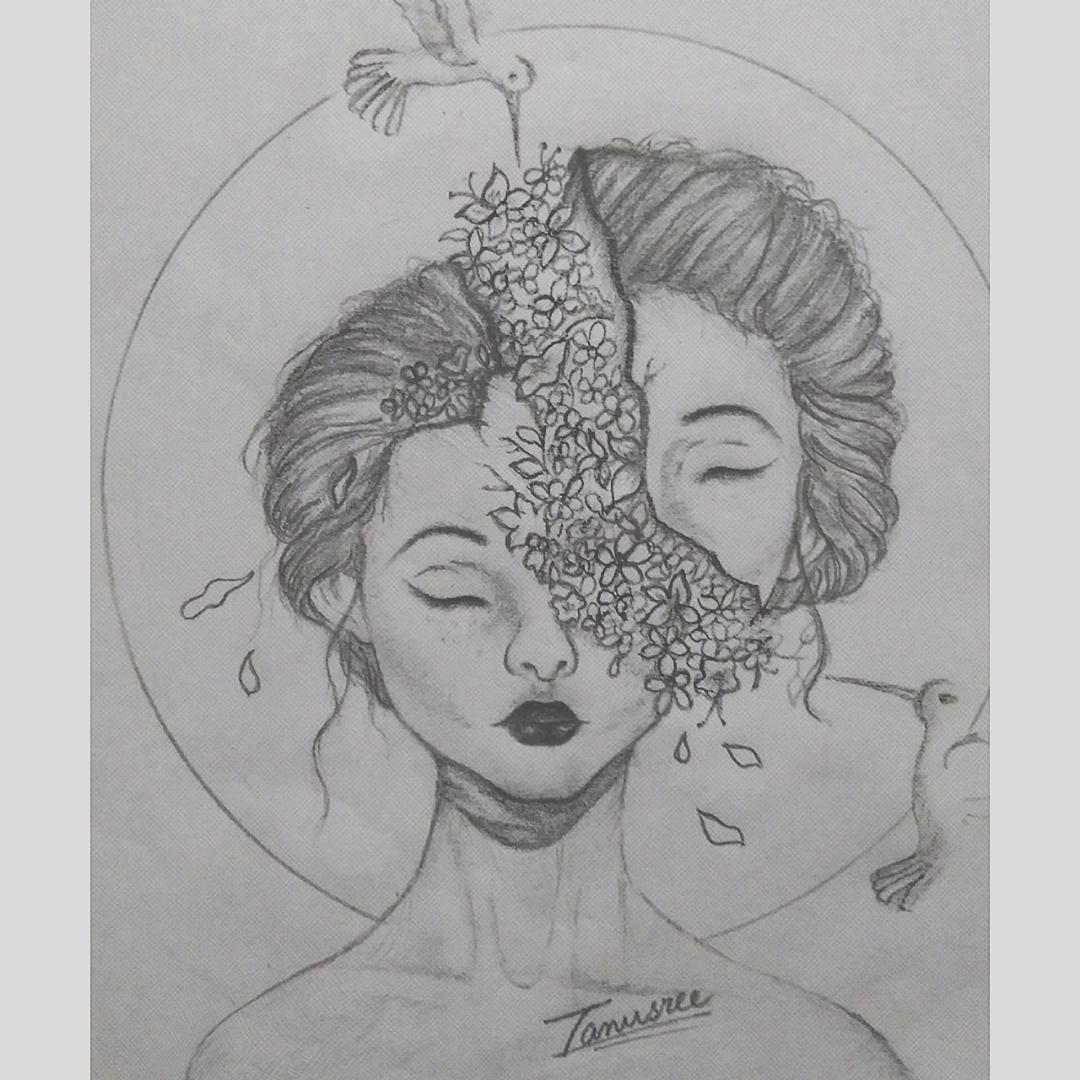
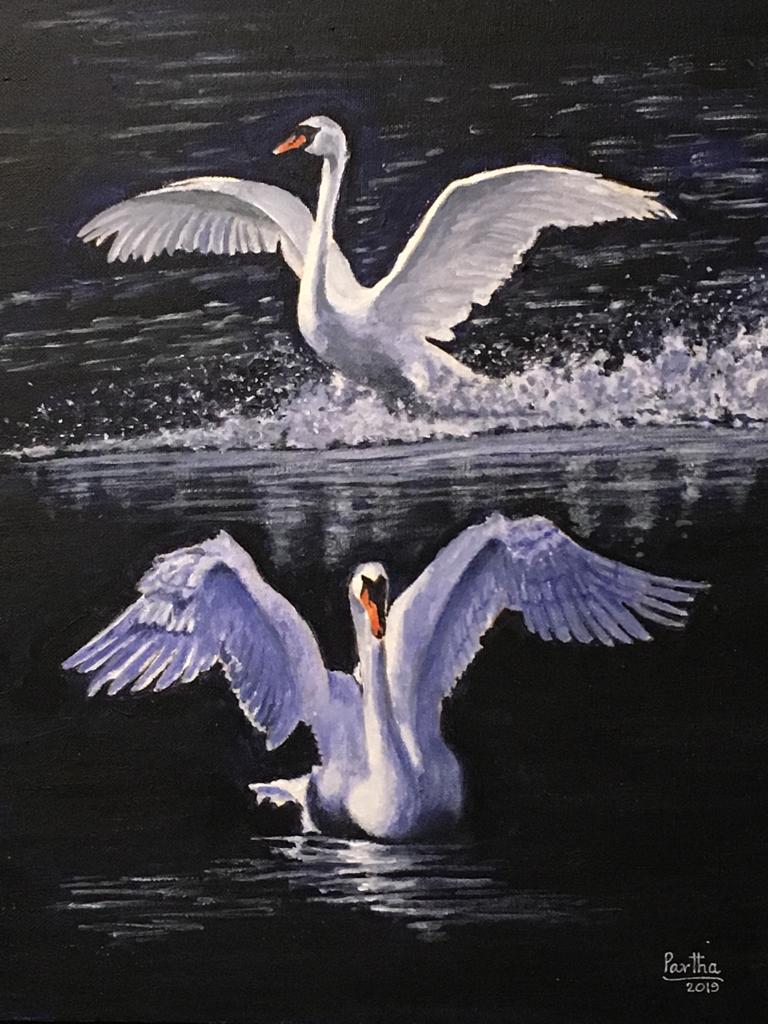
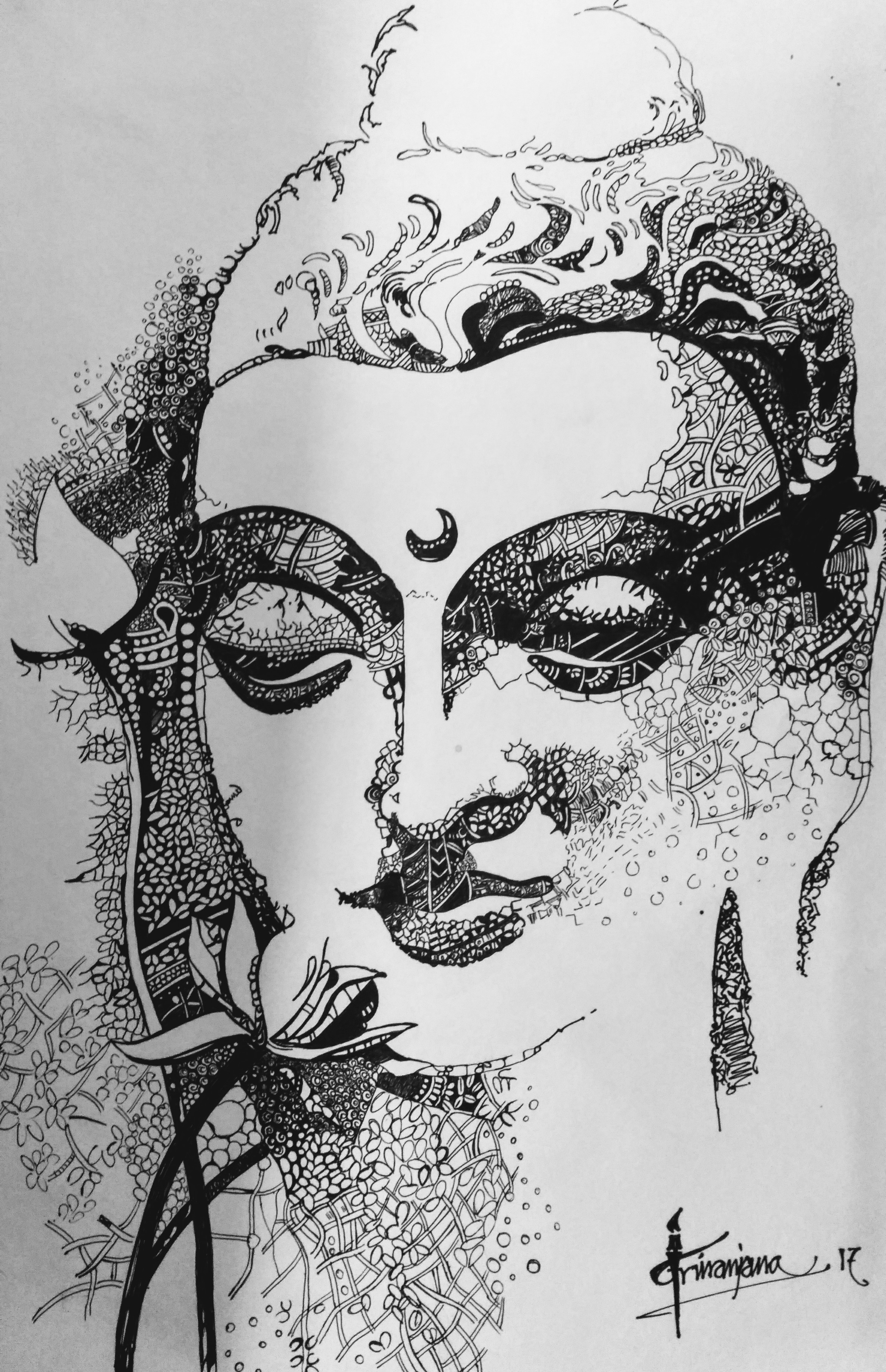


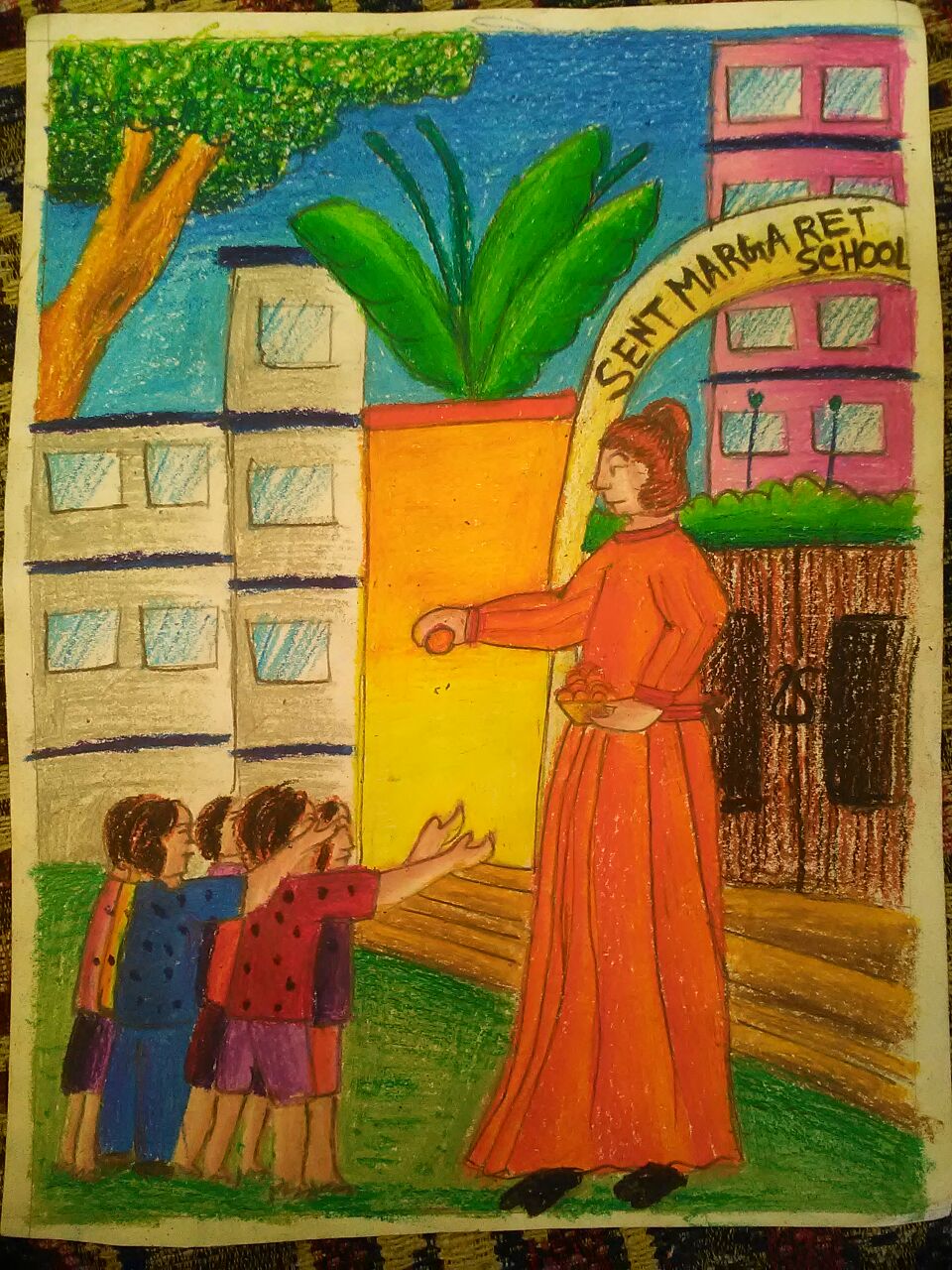

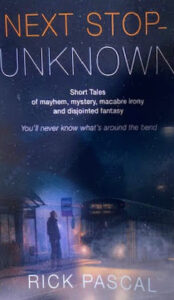

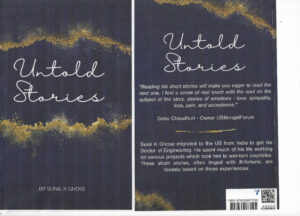

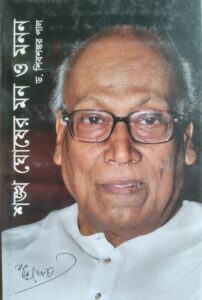

Comments »
No comments yet.
RSS feed for comments on this post. TrackBack URL
Leave a comment